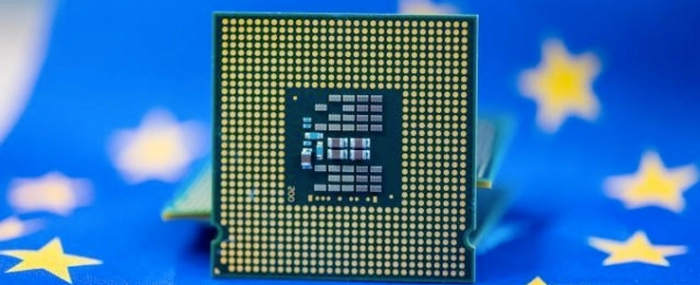
EU Chips Act: Are we one step closer to actual funding?
The EU Chips Act addresses the current shortage of semiconductors in Europe. With the Chips Act, the EU aims to double its global market share in semiconductors from 10% to at least 20% by 2030 in order to ensure the EU's future technological sovereignty.
For the past several months, the EU has been debating subsidies for the semiconductor industry; with no apparent end in sight if you listen to industry representatives. For them, the catch-up race in the chip industry, announced at the beginning of 2022, has now progressed to "provide the Council presidency with a mandate for negotiations with the European Parliament". Or, as many would say, has not progressed at all.
Andreas Gerstenmayer, head of the Austrian PCB manufacturer AT&S, told the Handelsblatt in late November that "Europe is the world champion in announcements, but a dwarf in implementation". Other nations have already decided on funding programs worth billions. Gerstenmayer continues his criticism by saying that the EU is now being overtaken left and right, even by countries like South Korea or Japan, which are smaller than the EU.
The Chips Act aims to reduce the EU’s vulnerabilities and dependencies on foreign actors. This will improve the union's security of supply, resilience and technological sovereignty in the field of chips. It will mobilise EUR 43 billion in public and private investments. This includes EUR 3.3 billion dedicated to the "Chips for Europe Initiative".
The Council has now in a press release clarified that the EUR 1.65 billion included from "Horizon Europe" should be earmarked for research and innovation, and the funding from the Digital Europe programme should finance capacity-building activities.
"Chips are amongst the most important cutting-edge technologies that exist today, but the EU currently does not have sufficient capacity to design and produce its own mature and advanced chips. The EU has to reduce its overdependence on global semiconductor leaders in Asia and the USA and, with the Chips Act, it is taking matters into its own hands", says Jozef Síkela, Czech Minister of Industry and Trade, in the press release.
The Commission has previously stated that the investments from the Chips Act will complement existing programmes and actions in research and innovation in semiconductors such as Horizon Europe and the Digital Europe programme. However, the Council's mandate does not include the reallocation of decommitted funds from Horizon Europe, as was proposed by the Commission. According to the Council, this would result in a reduction of EUR 400 million in the overall funding coming from the Digital Europe programme.
The Council is now asking the Commission – together with the member states and the European Parliament – to look for alternative solutions to maintain the overall budget of EUR 3.3 billion.
As a next step, the European Parliament’s Committee on Industry, Research and Energy (ITRE) is expected to vote on the European Union Chips Act Report in January 2023.

